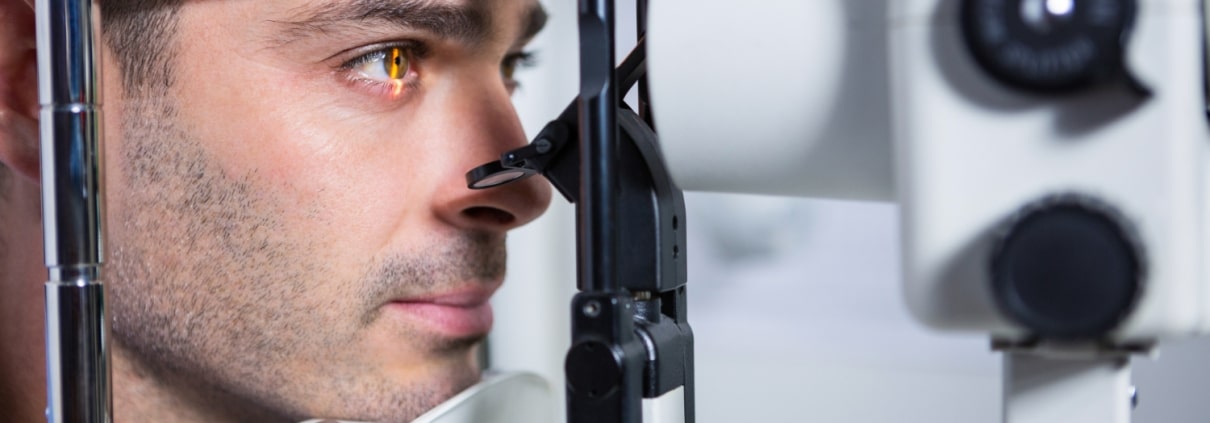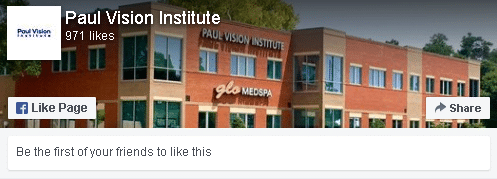Common Causes of Low Vision
Low vision is a problem affecting millions of individuals worldwide. This condition is characterized by diminished eyesight that often can’t be mitigated by prescription eyeglasses, contact lenses or surgery. Low vision may have a substantial negative influence on a person’s quality of life, making it harder for them to do daily duties and limit ability to engage in enjoyable activities. If you suspect you have low vision, contact your eye doctor in Wilmington, NC.
Factors That Contribute to Low Vision Problems
One of the most prevalent causes of low vision is age-related macular degeneration (AMD), which is a disorder that damages the macula, the area of the retina responsible for crisp, center vision. The macula may get damaged as we age, resulting in impaired or distorted vision.
Glaucoma is another contributing factor of low vision in Wilmington, NC and other areas. Glaucoma may result in progressive vision loss, beginning with loss of peripheral vision and progressing to tunnel vision or total blindness. To avoid vision damage from glaucoma, get frequent eye examinations, particularly if you are over 40 or have a family history of the disease.
Cataracts are a prevalent cause of visual impairment. Cataracts are a clouding of the natural lens of the eye, which may cause blurred or foggy vision. Cataracts may form with age, but they can also be caused by causes such as injury, exposure to UV light, and certain drugs. Wearing UV-rated sunglasses or a brimmed hat to shield your eyes from the sun’s damaging rays, has been shown to minimize your chances of developing cataracts.
Diabetic retinopathy is a disorder that may cause low vision problems in people who have the underlying condition of diabetes. High blood sugar levels lead to diabetic retinopathy by damaging blood vessels in the retina, resulting in swelling, leakage and/or the formation of aberrant blood vessels. This can result in clouded or distorted vision, and in extreme instances, blindness. If you have diabetes, be sure to follow your doctor’s instructions regarding diet and exercise, and monitor blood sugar levels. It’s also smart to have more frequent eye examinations to check your eye health.
In addition to these common causes of low vision, other variables, such as eye traumas, infections, and inherited disorders, may also contribute to the onset of low vision.
Keeping Eyes Healthy
Among the most important things you can do to potentially avoid problems with low vision are:
- Getting regular eye exams – By getting your eyes tested frequently, your eye doctor may spot issues early and start treatment earlier.
- Keeping your eyes safe from harm – Use protective eyewear while indulging in sports or other activities that may result in eye harm.
- Eating a nutritious diet – Consuming a diet rich in fruits and vegetables, and low in saturated and trans fats, will help protect the health of your eyes.
- Having a healthy lifestyle – Physical exercise, eliminating smoking, and controlling stress can all help to safeguard your eye health.
- Using visual aids – If you already have low vision, there are several technologies and equipment available that may help you complete routine chores, keep your independence and prevent your low vision from becoming worse.
Low vision can have a substantial impact on a person’s quality of life, but there are several steps you can take to safeguard your eye health and lower your chance of having low vision. The first thing is to book an appointment with an eye doctor in Wilmington, NC for a low vision screening.




